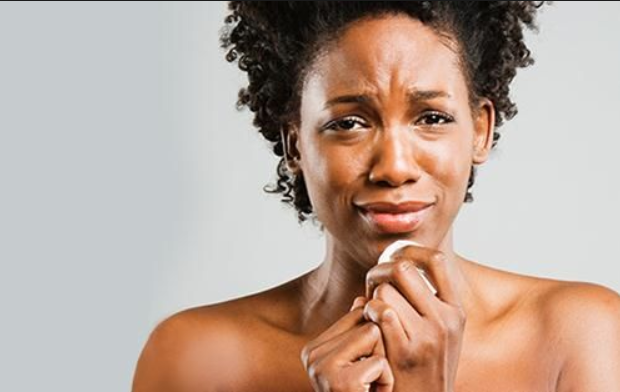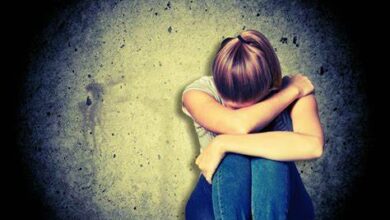5 Steps To Follow- If You Are A Victim of A Rape or Sexual Assault

Getting raped results in an immense level of trauma for rape survivors. Victims endure the immediate physical and mental trauma of the actual event as well as many ongoing psychological challenges. As if these challenges aren’t enough, a strong and significant stigma of being raped persists in American culture. Victims must deal with added shame, arising from the stigma-laden reactions of others that know about the rape.
Follow these 5 Steps To Follow- If You Are A Victim of A Rape or Sexual Assault:
-
Get to a safe place.
The first thing you should do if you are in any immediate danger is to get yourself to a safe place.
-
Tell some what has happened.
Once you are out of danger, tell the first person you see what has happened or contact someone you know and trust and tell them the whole story while it is fresh in your mind. Although this can be difficult, it is very important because this person can help with the police investigation and later support your story in court. They are known as the first contact witness.
-
Preserve evidence of the rape.
The one thing you may want to do is wash. If you do, you run the risk of washing away all physical evidence of the rape so do not bath, shower or wash your clothes. Doing this would get rid of blood, semen, saliva or hair that could be used as evidence of the rape. If you are injured, go straight to your nearest hospital, community health centre or doctor.
-
Decide whether you want to report the rape.
You do not have to decide immediately whether to report the rape to the police but the sooner a doctor examines you, the more likely they are to find physical evidence that they can link to the rapist. If you decide to report the rape to the police, then you should go to your nearest police station where the officers must take your statement.The police will take you to a health centre where you will receive medical attention and undergo a forensic examination. If you do not report the rape, you can go directly to a health centre to get these services.
-
Get medicine to prevent unwanted pregnancies, HIV and sexually transmitted infections (STIs).
After the forensic examination, the doctor will give you the morning-after pill to prevent pregnancy and antibiotics to prevent possible STIs) You will also be given an HIV test and if it is negative you will be given antiretroviral treatment for 28 days to prevent contracting HIV. This is called post-exposure prophylaxis (PEP).
-
Get support to help you to recover.
You can get the support you need further down the line by asking for pamphlets or booklets on rape, and the number of a local counselling service that can give you support and advice on the police report, an eventual court case, and your own physical and emotional wellbeing. If you do fall pregnant or contract an STI it is important to seek follow up medical care and counselling.




